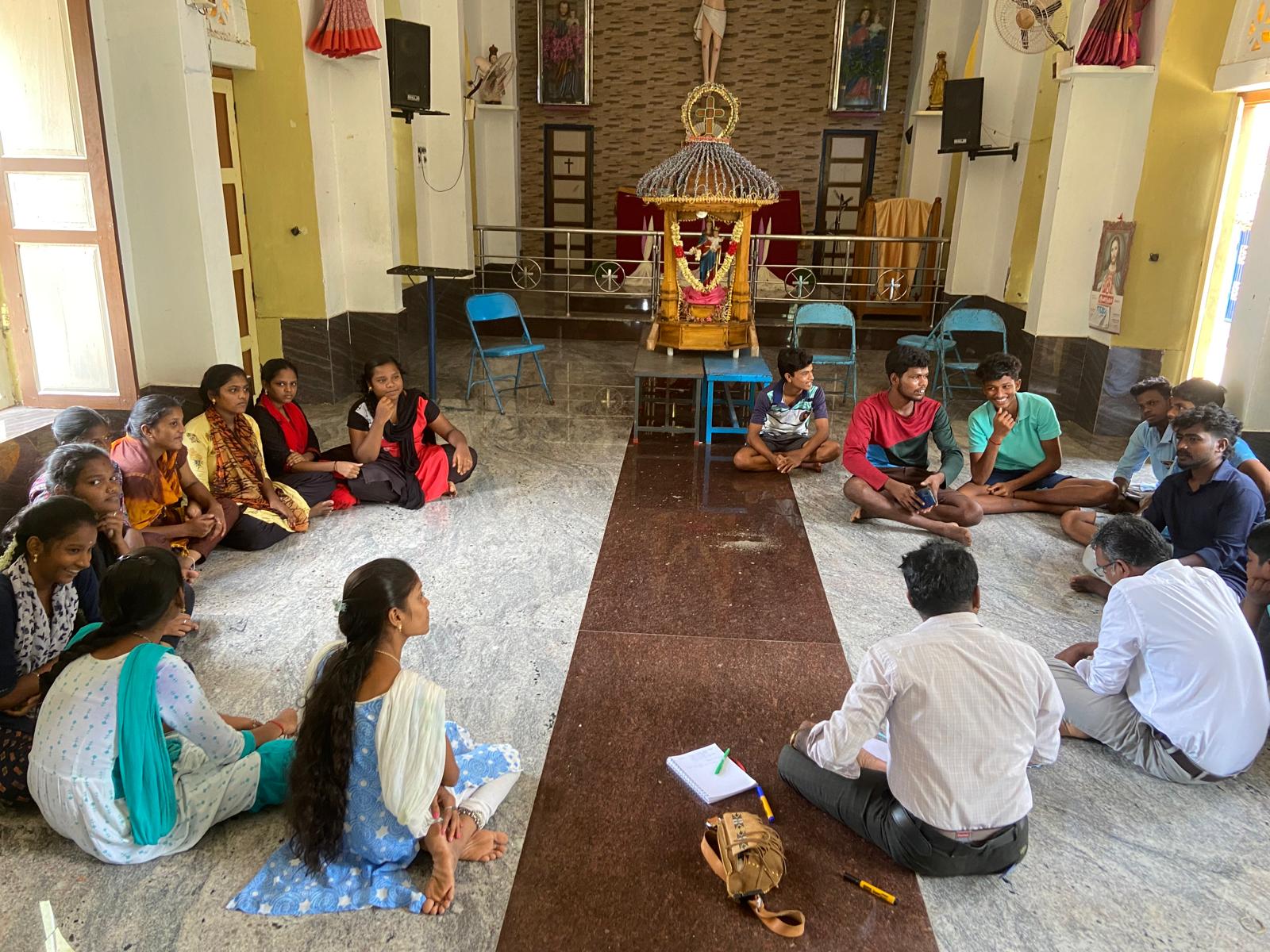
From May 12th till 24th 2024, Basma Louis, the international president responsible for Asia-Pacific, visited India with the aim of strengthening the action plan and development of the movement
India is one of the most populated and extended countries in the world. Most of the young people in the YCW suffer from the informality and instability of employment, most young people do not have a quality education and do not have access to employment, and when they do have a job, it is informal and insecure.
These young workers have no vision and it is difficult for them to dream about the future, which is a big question mark for them. They live from day to day and work to survive.
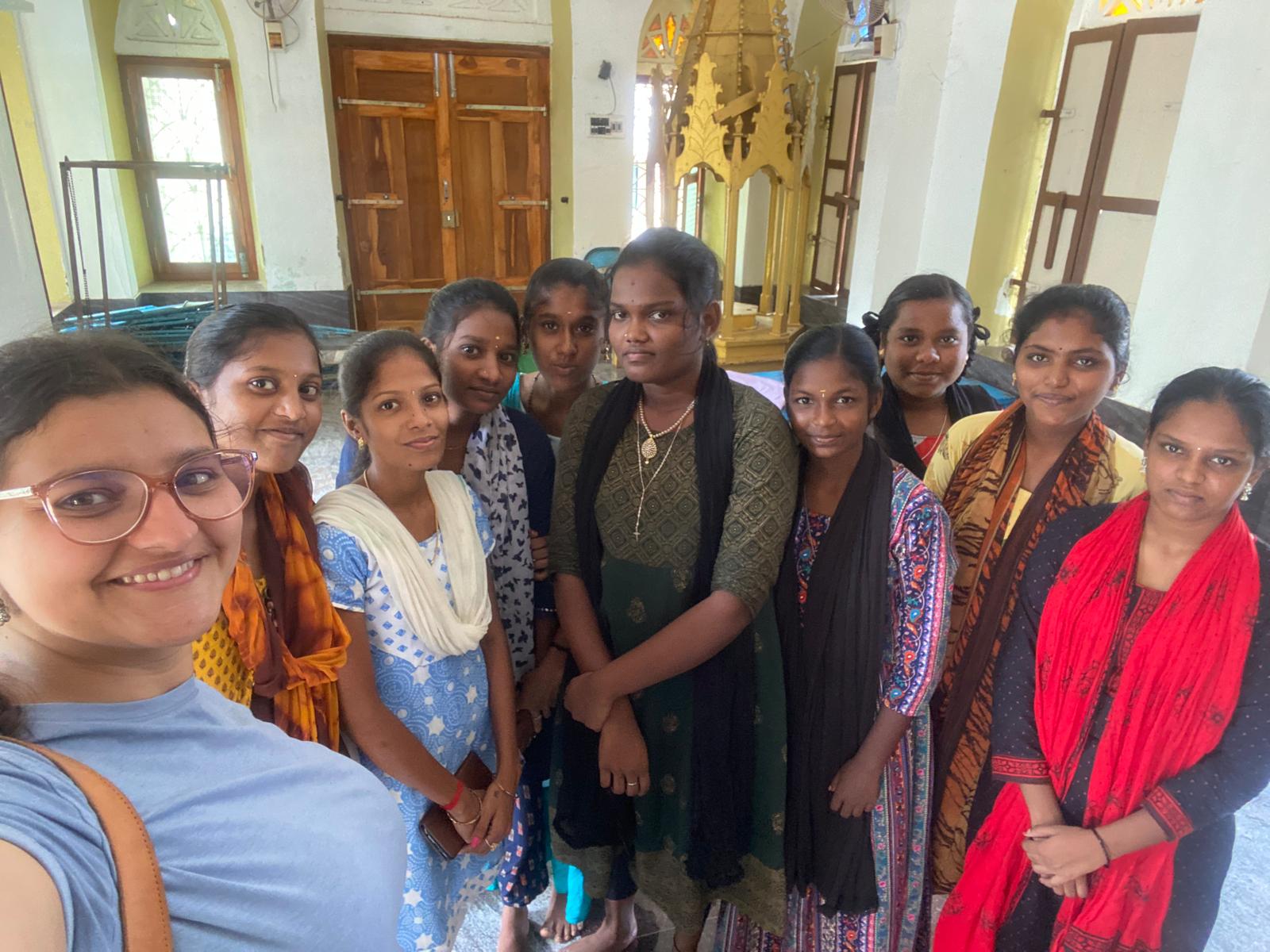
In India, the only possibility of secure employment is in the government sector, which accepts very few applicants. And this is the dream job for most YCW members.
‘I work from 9am to 6pm as an electrician and get 800 INR a day. I work with a contract in the government sector, which is a stable job, but my work is very precarious and I face danger without any protection. I do not have access to health or social security.’
India is culturally very rich, with important and impressive civilisations, and a multitude of religions and languages, which sometimes leads to conflict. The caste system, which is culturally based on discrimination between upper and lower castes, is deeply rooted in people's minds and in everyday life, making it difficult for people to have a better future or a different reality.
This specific reality represents a huge challenge for India in terms of social justice and also has an impact on the organisation of the YCW in India.
In the discussion with the young people, this is one of the topics that have an impact on the way they think and act, and they also expressed that they don't like it and want to escape from it.
"My parents died recently and I'm an orphan. My dream was to work in information technology, but with no parents and no income, I switched my studies to mechanics”, Arron, 22.
India is also one of the poorest countries, where people are faced with unstable employment and income, with the minimum wage being around 38,000 INR, which is not enough for a family with a high rent and daily needs, so young people are not in a position to save and plan for the future.

During the visit, it became clear that short-, medium- and long-term plans need to be put in place to change this reality. We visited some base groups that were already organising themselves and, motivated by the visit, more base groups were created.
The YCW of India must follow its path so that young people find a space to learn and be formed. Former members can play an important role in strengthening the Indian YCW. This is why, during our visit, we supported the leaders and former members in their project. The India YCW will count on the help and advice of ASPAC and the International Secretariat, but also on the help of Father Augustine, the former international chaplain of the IYCW.

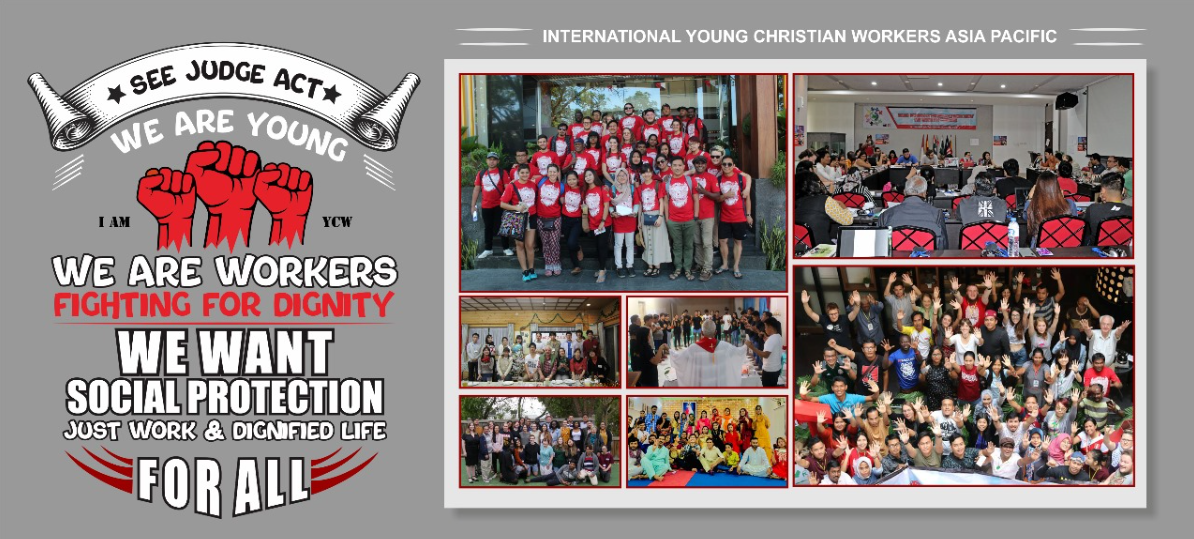
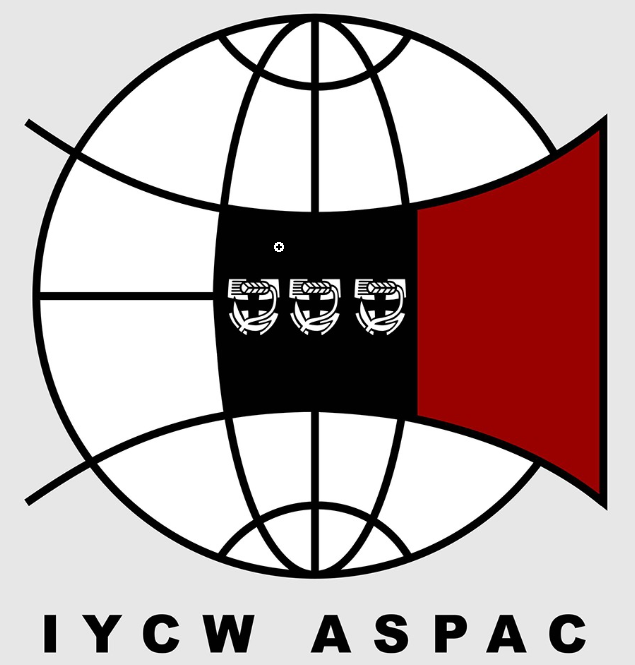


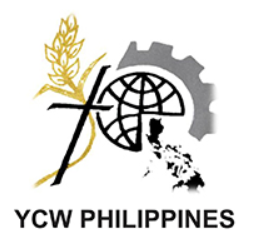
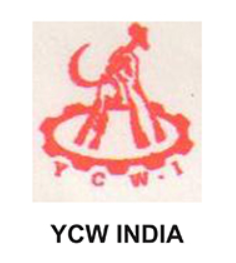
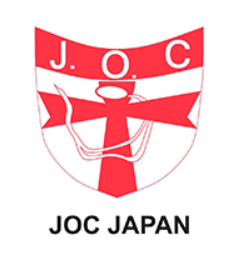
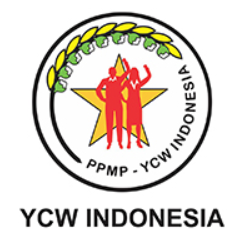
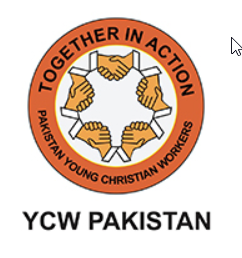

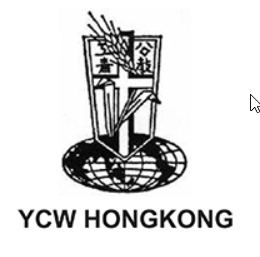

 English
English  Español
Español  Français
Français